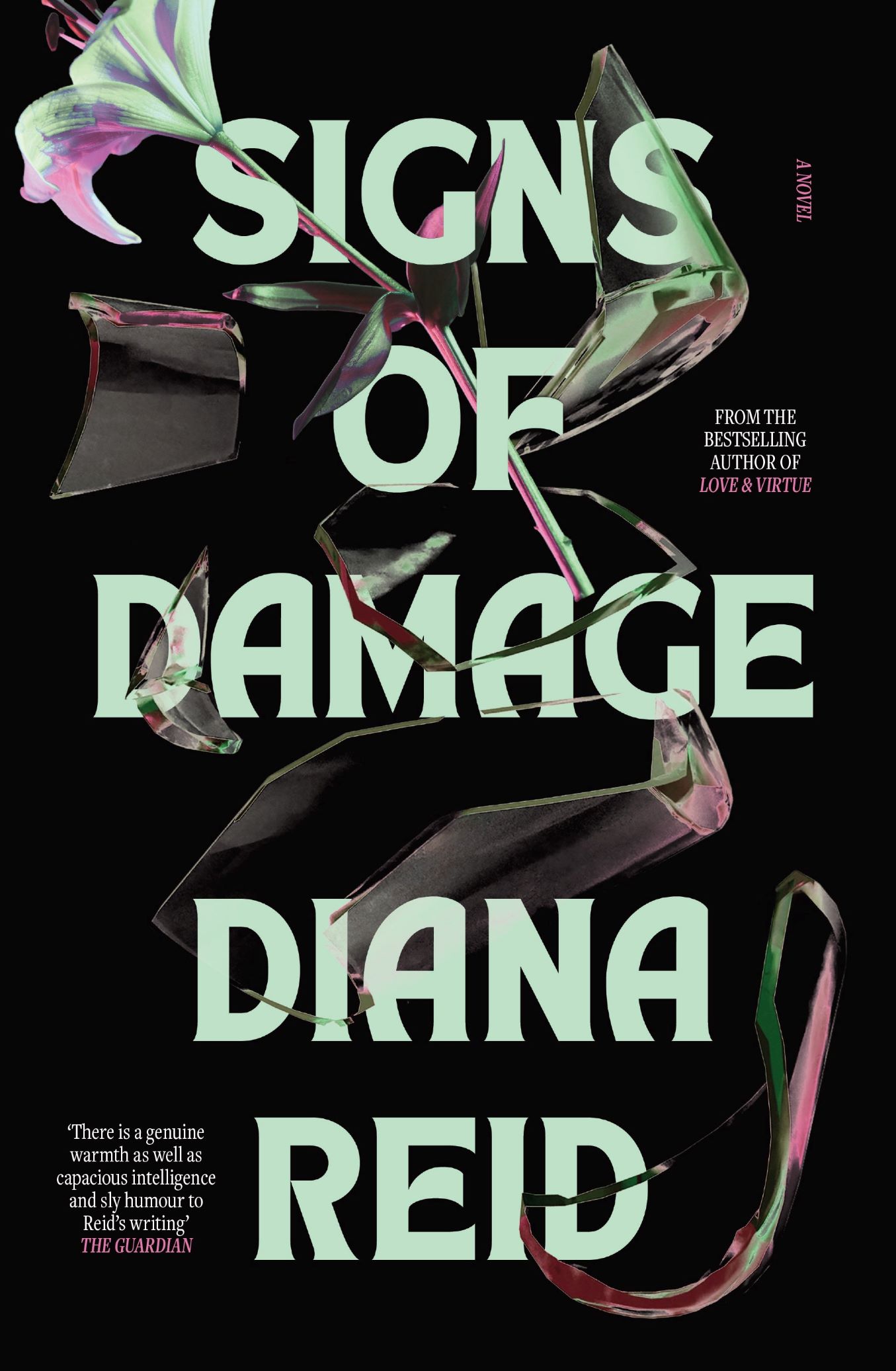Signs of damage by Diana Reid

Australian author Diana Reid has taken the pervasive trauma narrative, where a character’s actions are explained by an uncovered past trauma, and has given it a decided twist. In Signs of damage, Cass suffers from the onset of sudden seizures, possibly epilepsy, or possibly a functional neurological disorder, ‘all in the mind’. As a 13 year-old on holiday with friend Anika and her family in their villa in France, an incident occurs in the dark room of the icehouse, an ancient structure in the garden. This sets in motion a train of events that involves all the family and their guests.
Reid has created complex characters, each with their own back story; in fact each has experienced some kind of traumatic event that lingers in their memory. Trauma is not offered as a simplistic explanation for actions but does colour their relationships and responses. Each has a different perception of their holiday together.
The novel is bookended by a prologue and an epilogue written from Cass’s point of view, but the main section is told by the omniscient author providing different character perspectives, and alternates between the present and the French holiday 16 years prior, both periods of a week. Each chapter adds another element, like pieces of a jigsaw the reader tries to assemble.
While Cass is the main character, and the mystery centres on trying to understand what actually happened and why she has the seizures, I found the character of Anika the troubled young friend equally absorbing. Reid has created a complex story of misunderstandings and confusions. It is very clever. Each person is at the centre of their own story, and their actions have impact on the people around them, in a way that reflects the tangled threads of real life.
This is Reid’s third novel and is utterly absorbing, keeping the reader turning the pages. I thoroughly enjoyed it, and returned to a number of chapters to read them again. It made me want to seek out her earlier novels, as well as anything she writes next.
Themes: Mystery, Trauma, Seizures, Mental health, Psychology.
Helen Eddy